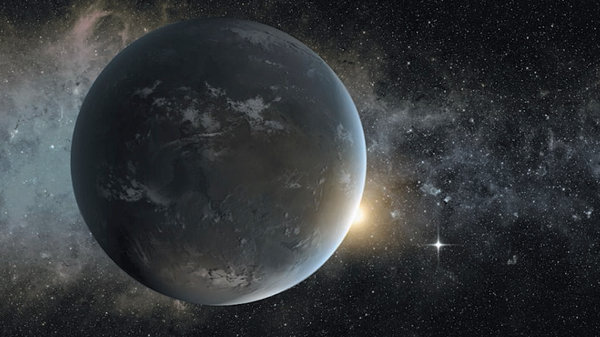
My family was liberal political activists and philanthropists, as is my husband’s. Their beliefs and behaviors both shaped and dovetailed with my own. With them, and on my own, my involvement with civil and human rights movements in the U.S., South Africa, Northern Ireland, The Middle East and globally helped expand my sense of identity as a human being, as well as increase my sense of responsibility to participate in efforts to effect social/political change. Being an activist became a fundamental part of my identity, and also allowed me to transcend my “born” identity and be more connected to “others.”
My work – the way I’ve both earned a living and lived my principles (holding myself accountable to walk my talk) – has always essentially been as a conciliator. I’ve worked with countless individuals, corporations, organizations, and governments precisely to help them clarify their identities and communicate/enlarge those identities through cooperative ventures with “others.” They came to see such collaboration as a route to greater cooperation and increased benefit/productivity for all sides.
For the past seven years, I’ve lived and worked in Switzerland. My work, as it always has done, also frequently takes me to many other parts of the world. Both have served to simultaneously strengthen and expand my sense of identity, as well as increase my ability to work and socialize with a broad spectrum of people. We find common ground in our basic humanity and our personal reasons for working to create a greater good – locally (wherever that might be) and worldwide. Gertrude Stein famously said “America is my country, but Paris is my hometown.” I still feel very American, but I also genuinely am a community member of my medieval French-speaking village in Suisse Romande and I primarily feel like a global citizen. Given a little time, I can feel at home almost anywhere. That has become one of the most profound changes in my identity.
Right now in America, there is widespread interest by all kinds of people in researching their backgrounds through DNA testing. They want to learn more about “who” and “what” they are. The positive side is that people who were born and raised to think of themselves as one thing are exhibiting intellectual curiosity about the more diverse and complex make-up of their past. I think, in some cases, this decreases dislike/distrust of “others,” especially when they find out they have a biological link to some of those others. The negative side is that this focus on the “contents” of one’s past creates a false sense of identity that results in more separation in the present. You can see it in increased political partisanship, racial conflict, etc. There’s a saying – and I don’t know who said it first: “We are not human beings having a spiritual experience; we are spiritual beings having a human experience.” We can debate what spiritual means, but I think the message is that we are connected souls, each born into a personal, physical body, and our human experience should ideally reflect our universal connectedness instead of our individual, tribal separateness.
Download Article 1K Club




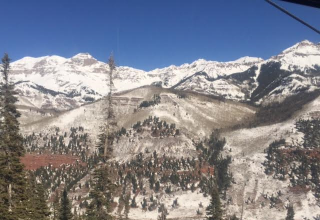

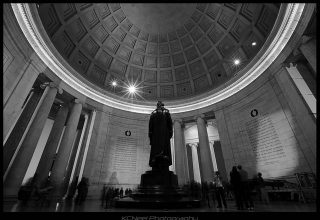
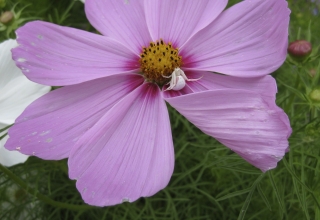
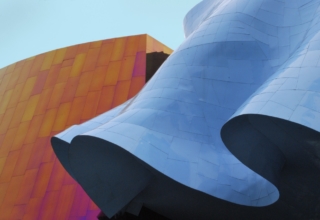











Ronald Bell
March 12, 2018 at 5:29 pm
Thank you for your good thoughts!
I suspect that there is “something” within (similar perhaps to the several “selves” we each are said to have/be) that pushes and pulls us toward differing people, places and things at differing times or stages of becoming in our life journeys. I recall someone once saying something like: “You won’t discover Paris unless you take it with you.”
At essence and core, I think each of us is vast with actual and potential permeable borders.
You are a citizen of the world.
A “citizen of the world” is not someone solely well-traveled; it is someone well-visioned, who has trekked from “me” to “we”, from ethnocentricity to world-centricity, who sees self as member of a family beyond borders and boundaries of race, religion, class, gender, and geography. A world citizen carries a passport stamped with individual and universal fingerprints of inclusive love, mutual regard, belonging and active caring for our commons and “all our relations” (“Matakuye Oyasin”). The citizen of the world passport is carried in one’s heart, soul and spirit – it transforms barriers into bridges.
Love, peace and justice,
Ron Bell